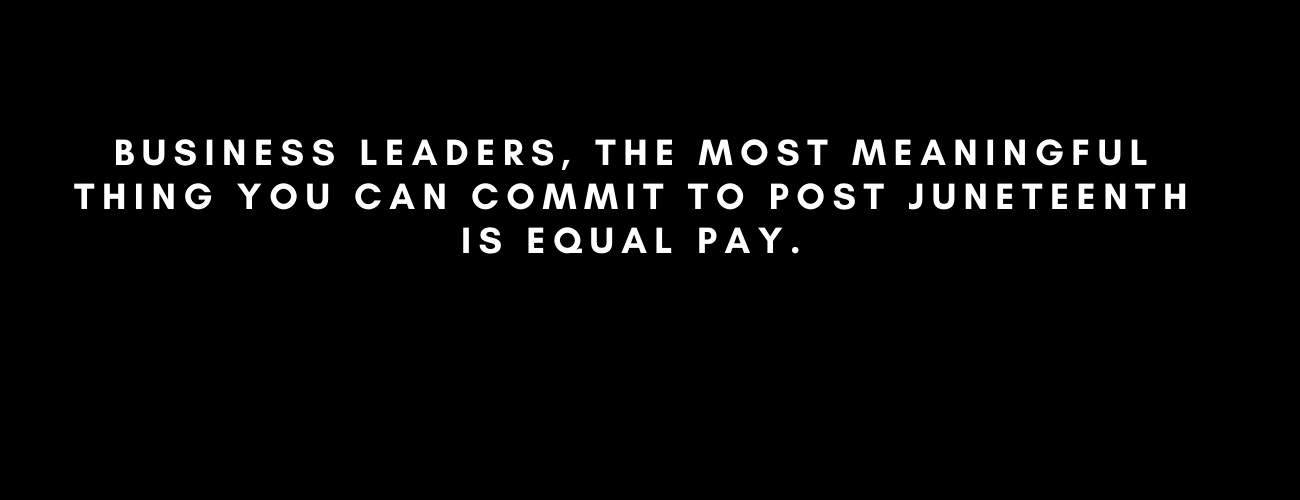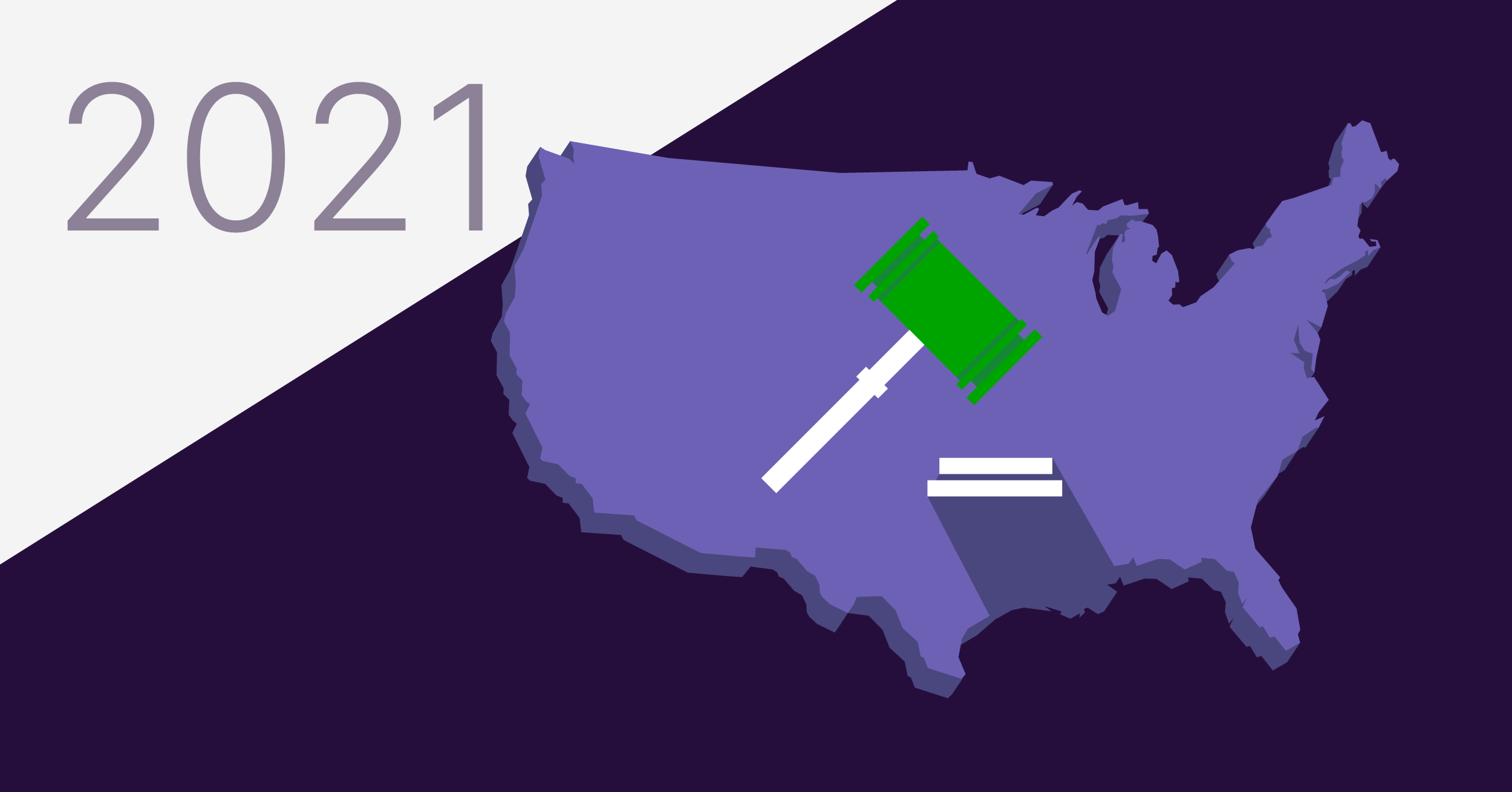Last Friday was Juneteenth, representing the moment when the last remaining enslaved African Americans in the confederacy learned of their freedom (two years later).
This year, as the Black Lives Matter movement and the murder of George Floyd create unprecedented awareness of Black history in America, companies are starting to recognize Juneteenth as a holiday. I hope this represents an enduring and real shift to business leaders undertaking meaningful and concrete ways to create more fairness for their Black employees.
If you are one of those leaders for whom observing Juneteenth is a first step toward a larger commitment to BLM, I urge you to think about what the next step is in that commitment. Is the shift enduring and real, or is it, to quote Dorothy Brown, a law professor who studies economic injustice at Emory University in Atlanta, “… complete B.S. It’s performative…?” There are steps you can take starting today, beginning with likely what would be the most meaningful to your employees: commit to fairness by ensuring equal pay.
Commit to this action:
- Affirm that you have conducted a pay equity analysis that analyzes pay based on race and ethnicity (and gender too).
- Be transparent. Share the results with leadership and employees.
- Identify changes to be made, and what will be different going forward. Share that information broadly in your company.
- Commit to monitor and review over time to ensure lasting, meaningful change.
Most companies make general pronouncements that they do not tolerate any racial discrimination. But the generalized assertion that you don’t violate the law is fundamentally different from the proactive affirmation that you have taken steps to ensure there are no pockets of pay disparities based on race, ethnicity and gender.
Warning: some will stand in the way. With apologies in advance to my lawyer friends, lawyers can be roadblocks. Lawyers are not fans of transparency on such analyses because doing so might appear to be an admission that there was a problem. News flash: this entire movement is gaining momentum because there is a problem.
Business leaders, the most meaningful thing you can commit to post Juneteenth is equal pay.
To date, pay equity has been primarily regarded as a gender issue. The gender, race and ethnicity pay gap is a solvable problem and with real commitment from leaders, we can solve it now.



